What Good is the Electric Car if Nobody Can Afford It? Cheap Electric Cars on the Horizon
For many years, the reliable objection to electric vehicles was that they must not be any cleaner because the grid is only 30% clean sources (with respect to GHGs) and the rest is natural gas and coal. That argument has been struck down.
So the objection changed to their poor range and weak performance. Prior to lithium batteries, electric cars running on lead acid had terrible ranges of 50 miles at best, and top speeds as low as 40mph.
When the advent of lithium batteries (especially better, cheaper ones over time) solved those problems however, the objection changed to the price. We now live in an era when the technology exists to build fast, beautiful electric cars with long ranges between 200 and 300 miles per charge.
However, the future does not arrive for everybody at once. It is here, but not evenly distributed. How are electric cars going to be any help to the environment if they are unattainable to all except the upper crust? Let's not deceive ourselves. They are only comfortably within financial reach for the upper middle class and above.
They are today a difficult purchase to afford even for the middle class, which just keeps shrinking faster and faster. This final remaining objection to electric cars is the only one that really holds water, and is a serious barrier to their eventual ubiquity.
Some solutions in the near term involve paying for the use of electric cars as you need them, rather than buying them outright. Car sharing programs for example, or near term plans for fleets of driverless electric taxis that Uber has been salivating over.
This article is not about those kinds of solutions. I do not want to live in a future where nobody owns anything and it can all be taken away if they miss a payment. This article will be about which upcoming electric cars represent the biggest leaps forward, towards actual affordability by regular people.
I don't mean upcoming big name electric cars like the Bolt, which offer 200 mile range at around $30,000 after subsidy. That is not really affordable for most people. I know almost nobody who has ever bought a brand new car for example. Many seemingly well to do Americans can't even afford an unexpected $500 expense. A $30,000 car is out of the question for them.
Don't get me wrong. It's an important step forward. 200+ real world miles (Bolt's EPA rating is 230m) is the threshold most analysts believe EVs had to cross in order to become a viable 'only car' for American families.
But the price still has to come down. Way, way down. We need to get to the point where anybody who can afford a car at all can afford an electric car. In my opinion that's the $10,000 to $15,000 range, brand new. This means a used price of 2 to 3 thousand (Used Nissan Leafs can be had for around 6 to 9 grand right now).
That is immensely more attainable to a much larger swathe of the American population. To be clear I am not talking about scant little hobby EVs like the ones I wrote about the other day, but something street legal and even highway capable.
There are a few oddball EVs already out that come in around 10 grand new these days like the Mistubishi i (Around $7,000 used). It's not faring well against the Leaf as the Mitsubishi's real world range averages 60 miles, and the newest Leafs finally do an honest 100 (only 80 before). Accordingly they can be had on the cheap.
If you'd like to see what life is like with such a limited vehicle, I advise you to check out Kiwi EV's channel. He's funny, charming and informative about the day to day practical realities of planning trips around a 60 mile range and how to maximize it even in the cold.
If you already own a gas car you can use for long range journeys, this can be a solid choice. It is strictly an urban runabout however, you won't be doing any road trips in it. I mean, it's possible if you're daring and carefully figure out the most efficient routes between fast charging (it does mercifully accept 480v DC fast charging in 30 minutes) but it's an ordeal.
Even used Leafs can be had for under $10k but we're talking 2013 models or thereabouts, so expect a noticeably degraded range. EVs do not hold their value well which can be a good or bad thing depending on how you look at it.
That's what is out there now within the target price range. But what is on the horizon? One upcoming low priced EV called the Solo will cost $15,000 brand new, with a top speed of 80mph and a range of 100 real world miles. Strictly a commuter and errand mobile, but with a comfortably generous range that is forgiving of wrong turns or hilly terrain.
It's like an electric version of the Elio. Or, for those who even remember it, a much more aesthetically appealing version of the Myers NMG, aka the Corbin Sparrow. While that...'car'...was hard on the eyes, the basic idea was sound: If you shrink the vehicle as much as possible to reduce weight and drag, you need much less battery to go the same distance.
As I've said in prior articles, because the battery is the single most expensive component, anything engineers can do to reduce the capacity needed will realize disproportionately large cost savings versus other approaches to bringing the price down.
But of course this is only really going to be considered by single tech professionals who want a high tech way to commute in relative cleanliness. Anybody with a family will only consider this as a second car, for commuting but also errands like buying groceries.
This saves immensely on gas as most trips can be done in the small electric runabout, but it means having to pay insurance for two vehicles instead of one. That is a hard sell. It's still crucial that there be some entry level electric model that has full car amenities and comes in around or under $10,000 though, just so the option exists. Enter: The Sondors EV.
Yes, Sondors. The same company which successfully kickstarted a $500 ebike, though only supporters got that price. They start at $600 now but wind up being a little over a thousand after you add a few options and factor in shipping. Still, a solid choice for a prebuilt lithium ebike I myself have recommended in the past.
It is not easy to deliver on such a lofty promise. The history of Kickstarter is littered with electric bike startups that didn't deliver. At least nowhere close to on time or at the target price, and many of which simply resold Chinese ebikes with a different sticker on them at a huge markup.
Sondors delivered, to the greatest extent one can reasonably expect from a Kickstarted product. It's actually built well. It does what you expect it to. The price is very reasonable. This gives me confidence that they can pull off what they're now promising: A three wheeled EV which they claim will seat 3, though I don't see how (I can believe two in tandem).
If you can really pack more than one person into that thing, and Sondors really delivers on the target specs and price (or even comes reasonably close) it will compete very favorably with the Solo and similar one-seater EVs. If it's cheaper, fits more people and performs similarly, why wouldn't you choose this one?
But is this the limit? Is this the cheapest that a street legal EV capable of highway speeds can get? No my dear cozybros. We have to go cheaper. (Inception fog horn). Enter: The Arcimoto.
This really stretches the limits of what you can reasonably call a car, but every review says it's an absolute blast to actually drive, something like the feeling of a jet ski on land. They promise it will sell for at or under $12,000 new, although that's for the version with the 12kwh battery that will do 70 real world miles on a charge.
A larger 20kwh battery is optionally available that will boost that to 130 miles, much more usable, but of course it will also increase the price. I can't find consistent info on how much it increases it though. The top speed is 80mph, and in case you gasped at the lack of an enclosed cabin, optional doors are available. That's right, doors don't come standard.
I really want to like Arcimoto . They are local to my home state and I've been following them for a long time. But their vehicle, the 'Pulse', really rides the line of what you can reasonably call a car. It's not the G-Wiz but damnit, it's close.
Doors really ought to be standard as well as some sort of small onboard kerosene heater, a common addon that owners of small cheap EVs buy to keep the interior warm without draining the battery. Most offer heated seats however, which do a lot of good without sucking down too much juice.
The other side of it is, Arcimoto has shown off a very mature, near to production vehicle. Sondors has only fancy renders and Solo has only a few prototypes. Arcimoto has pretty much a finished product which journalists have ridden around in and reviewed.
The bird in the hand is worth two in the bush. If Arcimoto can't supply a vehicle with a 70 mile range and 80mph top speed for less than $12,000, how will the Solo cost only $15,000? How will the Sondors cost only $10,000, with such superior specs on paper?
I am more inclined to believe Arcimoto. Probably those others, when they reach market, will have gone up non-trivially in price. Even so, they all represent the shape of things to come if you ask me. The form factor and specs EVs must gravitate towards in order to descend within financial reach of the average American.
We're going to be seeing lots more along these lines. Itty bitty one or two person three wheelers with around 100 miles of range, 80mph top speeds and a price in the ballpark of 10 to 15 grand. This is just what an affordable EV looks like.
As gas prices climb, people will flock to this sort of solution simply because it's the cheapest electric vehicle that is still recognizably a car, with an enclosed cabin for protection from the elements, useful top speed, useful range, standard amenities and so on.
However you feel about their looks, these tidy, handy little electric runabouts could not arrive at a better time. China and India area already ahead of us with a wide selection of entry level electric offerings at staggeringly low prices by American standards, though for the most part they use lead acid batteries and have range and performance on par with the G-Wiz:
This comes as no surprise given they are the world's leading producer of cheap electric bicycles, a famously widespread transportation solution in China. I wouldn't want one myself but it shows that with the proper forces and incentives at play, electric cars of one sort or another can already be brought down in price to the point where countries with much less wealthy citizens on average can afford to drive an electric. (The cheapest electric car in China at present costs $3,000 new, for instance)
We will see the same sort of thing here, just with higher build quality, lithium batteries and a substantial increase in price to go along with those improvements. More and more like this, as a natural market response to increasing demand for fuel as a rising middle class in developing and freshly developed nations demands to get around by car like first worlders do.
We cannot have any large fraction of Earth's population driving gas cars. Environmental issues aside (as bunker oil burning tanker ships pollute more than all cars combined) this development will increase by many times the global demand for gasoline, the effects of which will be felt strongly even in the US.
Consumers have short memories. When gas prices are high, many flock to electric cars. But when the prices fall again, the EV buying surge dies out. Do they think the fall in price was not orchestrated to achieve that outcome? Do they imagine it will never rise to that point again, despite having lived through the same gas price cycle many times already?
But if you have even a meager electric runabout, what you've actually bought is bargaining power against oil companies. Because you can now choose to use drastically less of their product when it becomes unreasonably expensive, since you have an alternate means of doing essential stuff like grocery runs and commuting.
If that sounds worth $10,000 to you, you're not alone. Soon the highways of the US will be humming and buzzing, packed with efficient little electric ultra compacts zipping this way and that. Long range trips will be done by gas cars still, or by rentals/car share services that offer high range, fast charging EVs like the Bolt.
That's my prediction anyway. I don't have a crystal ball. I hope if you've been chafing at the manipulative rollercoaster of gasoline price gouging, that you see in these cheap electrics a way off that maddening ride. An affordable way to break out of dependence, name your own price for gas if you use it at all, and perhaps even source all of your "fuel" from sunlight.
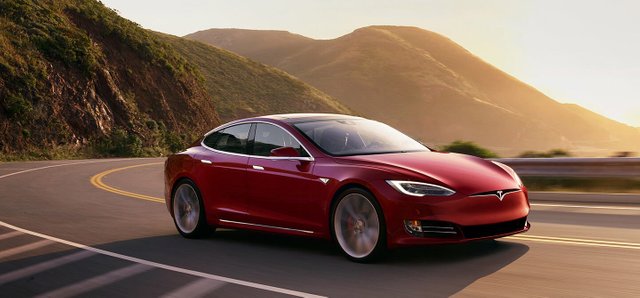
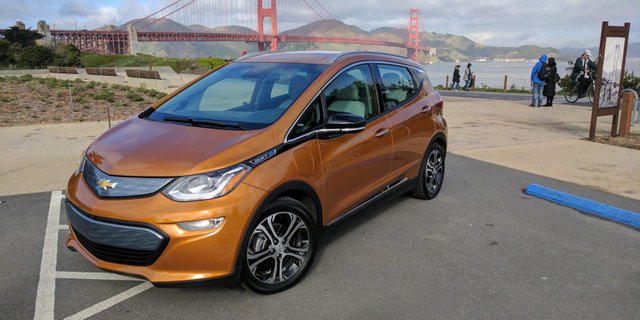
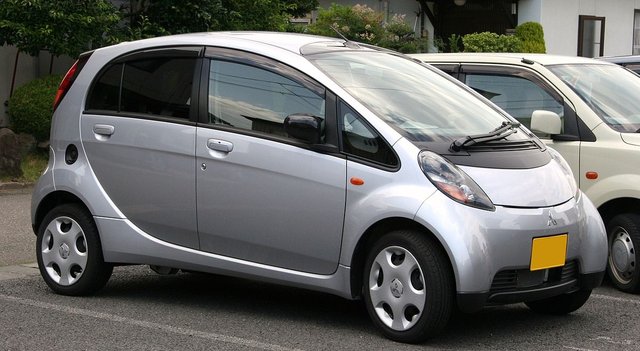
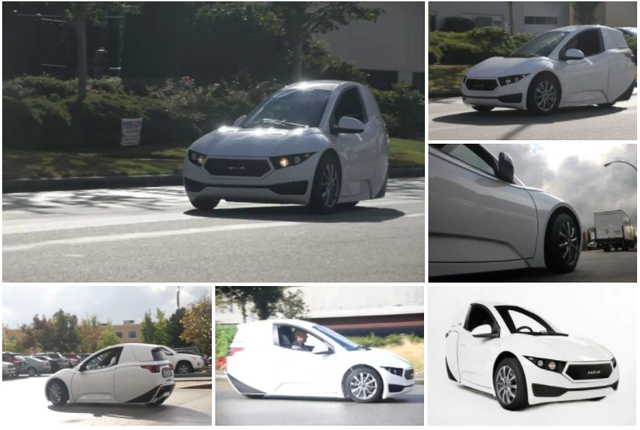
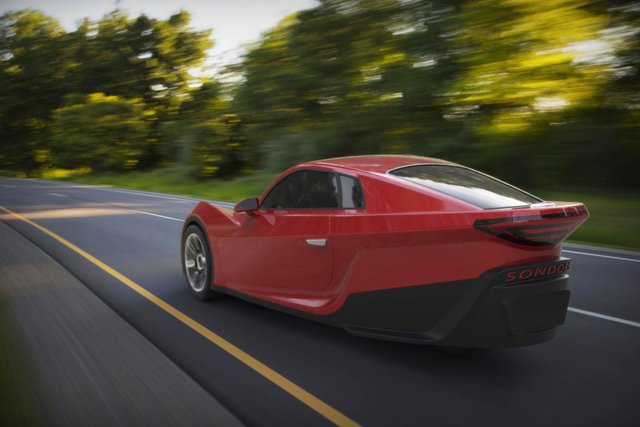
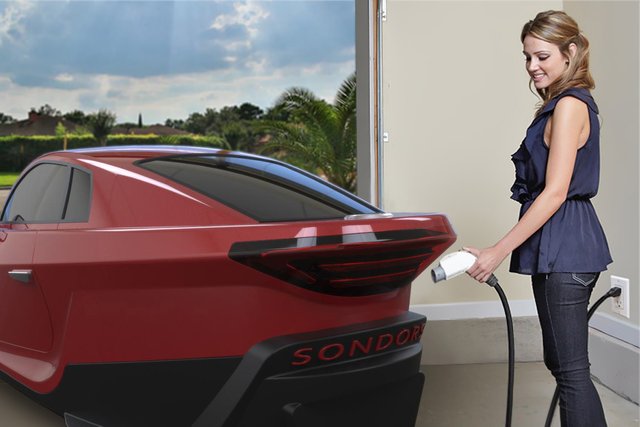
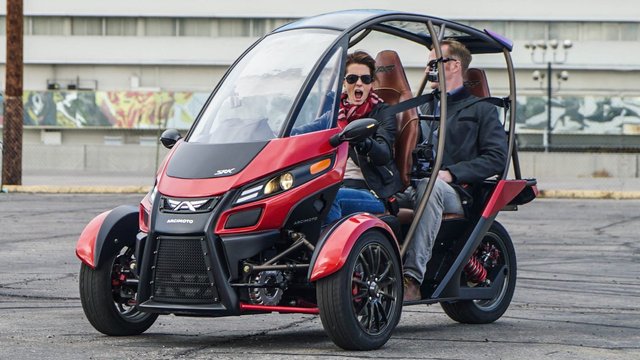
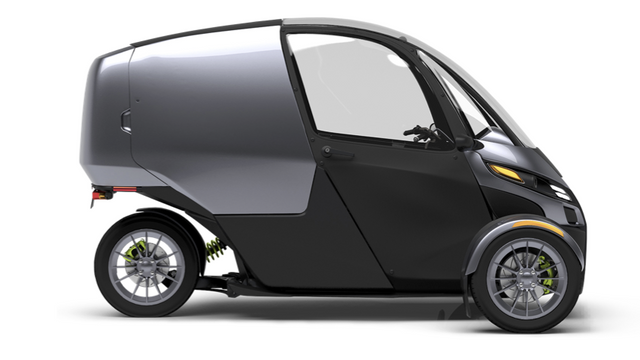
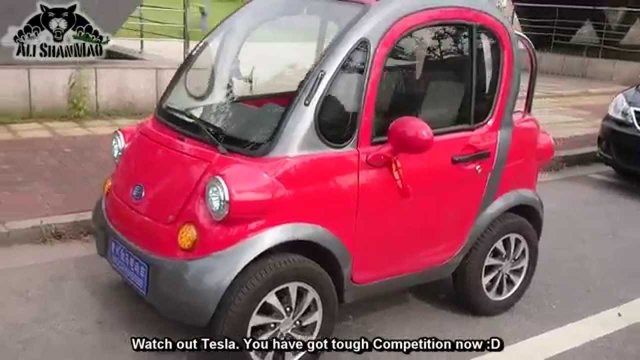

Overall, you're absolutely correct that electric vehicles will have to decline in price from current levels to encourage mainstream adoption.
I'm becoming more convinced every day that PHEV's may the best way to encourage EV growth. At least until range and charge speed improves.
I would be inclined to agree, as I bought one for that exact reason.
Combine this with solar panels on the top of our houses already generating energy into a battery, now that battery can power the car for free too. It makes no sense that the push for this isn't stronger.
I'm waiting until I can buy a Tesla with 1 Bitcoin. I have a Bitcoin set aside specifically for that lol. And ya I'm looking into getting my solar coins from my solar system if I can get approved. Maybe I can get enough solar coins to one day buy a Tesla with them. Crypto currency is making the future fun to watch and interesting to think about. Thanks for posting. Good article. I'm following now!
A lot of people don't know they can get the solar panels for free from Solar City, then just pay for the power that they generate at a rate lower than what the power company was charging them for grid power.
That's not "free" really but since you were paying for electricity anyway it means you immediately start saving money.
Only a matter of time. The better technology always wins out in the long run!
The headline is a good question and right anyway. But you have to do development, so you have to make money first. And this is easier with a high expensive product, not calculated till the last $.
Customers buying high expensive products with emotions and style even if they cost a few $ more. Nearly nobody buys for example a Golf or a Van, if its more expensive than necessary.
Exactly as the title states - what good is an electric car if nobody can afford it. At the current moment, battery technology isn't that advanced as of yet. However, in the near future it is highly plausible that this technology will be reduced in cost and battery technology will be highly improved, leading to longer life and reduced reliance to petroleum driven cars.
When electric cars become affordable for the majority and just as stylish as high end electric cars, the petroleum industry will never be the same.
I've mentioned this before to someone on Steemit: The AirPod that runs on air for $10grand. No electricity required :)

It has also never demonstrated a range any greater than 5 miles in independent testing. This is because compressed air has very low energy density, worse even than lead acid batteries.
Compressed air / gasoline hybrids make good sense though, as the low energy density of compressed air is not a problem if it's only being used as a way to recapture braking energy, then reuse it to accelerate the car. The air tank and other hardware to do this is cheaper than the batteries and electric motor in conventional hybrids. Peugeot has been working on this for some time.
meep
follow me and i follow you i upvote all your post.and also u help me to upvote my post.
meep
Didn't Pat Boone appeared on shark tank with this ?
Haha Yup!
Boy will he be surprised. MDI (the French company he refers to) has been taking investment money for the past 20 years, promising their air cars will enter production "in the next few years" all that time.
Those electric cars are very expensive, I really like Tesla Model 3, and with every new day I see the price moving up, starting price was 35k dollars, now it is close to 43k, you pay even more if you want some extra stuff like auto driving software and some other bonuses. They tried to make it more affordable, but it is still way too expensive. I think I will need to wait at least 3 more years to find some affordable Tesla Model 3 bellow 30k.
Yeah, the used market is where it's at. If the car has thermally managed batteries they will hold up much better than consumers suspect, such that the used price for many first gen EVs is artificially low.
Very good points! And useful information thanks!